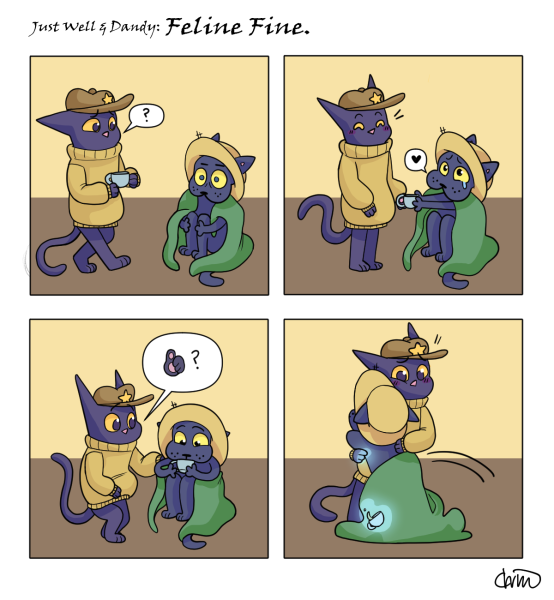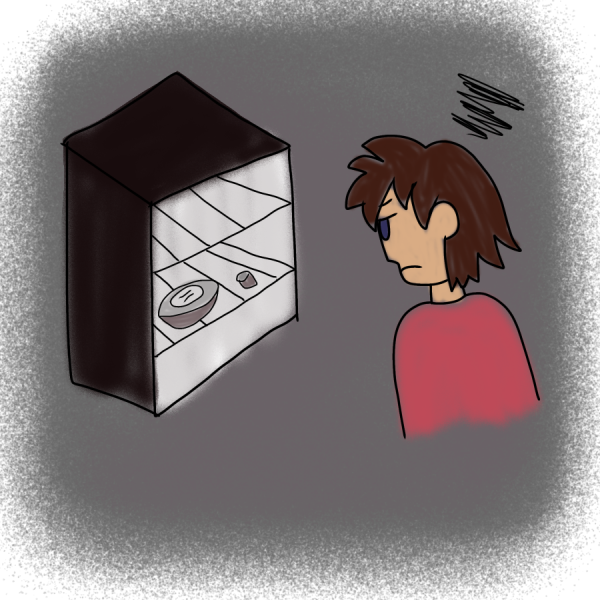Foreign policy
October 29, 1992
President Bush’s perceived strong point is foreign policy. I would like to explore two examples of his foreign policy, Iraq and China.
In 1989 there were large demonstrations against official corruption and for increased democracy in China, and on June 4 the Chinese government brought in its army and killed and wounded hundreds, if not thousands, of peaceful protesters.
Less than three months after the Tiananmen Square killings, Bush secretly sent high level diplomats to speak with the Chinese. The next year he renewed China’s Most Favored Nation (MFN) trading status instead of weakening it, despite little improvement in human rights in China.
From the 70s through the early 80s, the U.S. maintained only low-level diplomatic relations with Iraq because of Saddam’s poor human rights record. Under the Reagan/Bush administration we restored full diplomatic relations and supported Iraq in its war against Iran, giving it satellite intelligence and using the U.S. Navy to protect cargo ships bringing supplies to Iraq.
Throughout the 80s, the U.S. knew that Iraq was creating nuclear and chemical warfare programs. Although it did inform the various governments whose private companies were sending questionable technology to Iraq, the Reagan and Bush administrations applied very little pressure to get these governments to stop those shipments.
In 1988, Saddam Hussein used poison gas against villages in the Kurdish region of Iraq shortly before, and again well after, a cease fire was reached in the Iran-Iraq War. After the cease fire the Bush administration continued to support Hussein, okaying loans by the IMF even though he was continuing to build his military and, less then two months before the invasion of Kuwait, testifying against sanctions that Congress wanted to impose against Iraq because of Hussein’s brutal rule.
Days before the invasion of Kuwait, the Bush-appointed ambassador to Iraq, acting on U.S. policy, told Hussein that we had no interest in his border dispute with Kuwait.
After the war, Iraq was allowed to keep most of its best conventional weapons. Also after the war, the U.S. apparently encouraged the Kurds in the north and the Shiites in the south to rebel and then failed to give them any support.
Whenever President Bush talks about Iraq he cites Hussein’s miserable human rights record, a record that has been well known for decades.
This is the leadership and skill that we can expect from President Bush.
As for Clinton, I would suggest that most of the people who harp on his lack of foreign policy experience also like to say that former president Reagan is the person responsible for bringing down the Soviet Union. I would also like to point out that the Camp David Accords, which produced the first treaty between Israel and an Arab country were negotiated by former president Carter.
Robert Morphis
Physics Department
Staff












